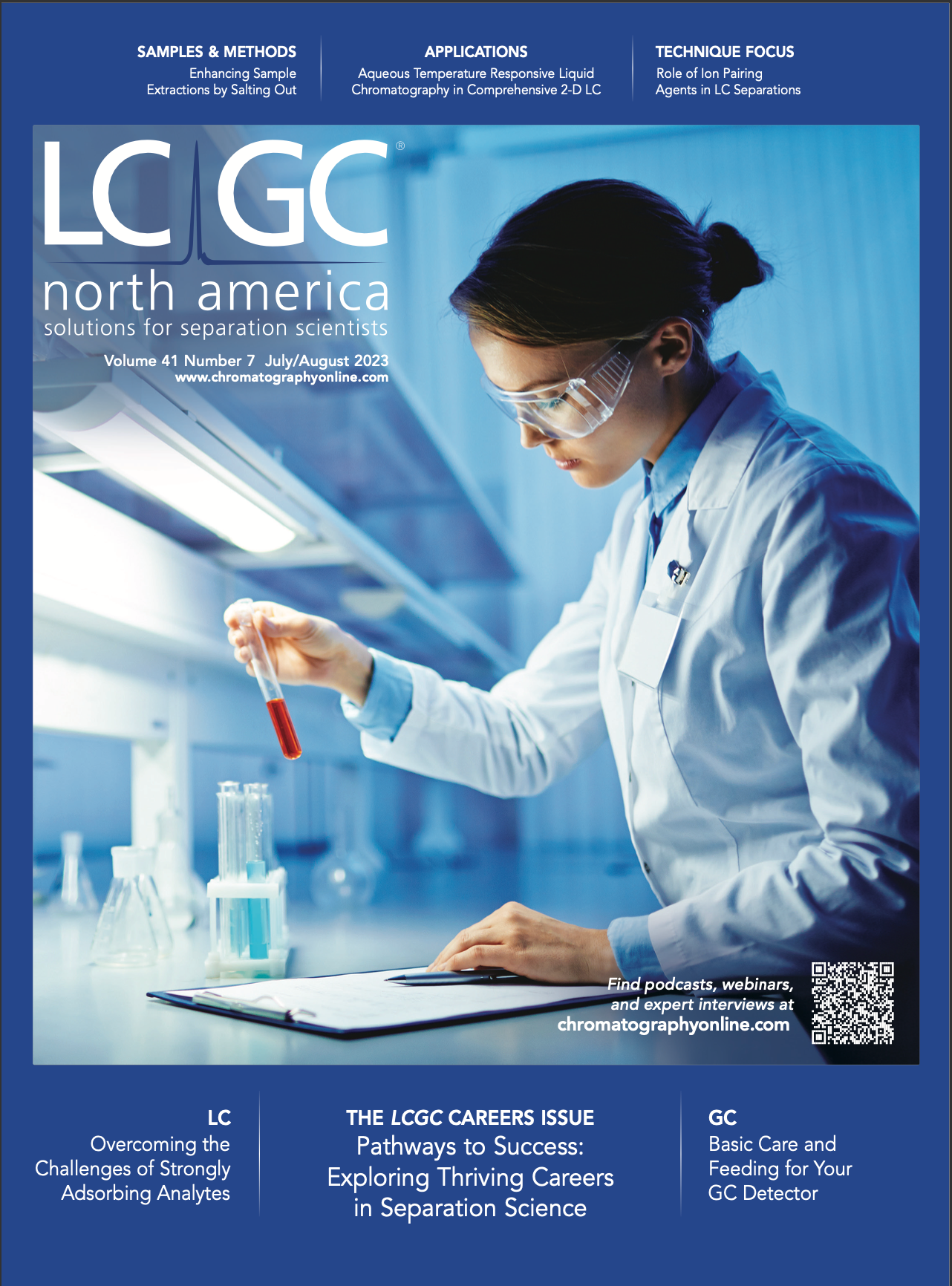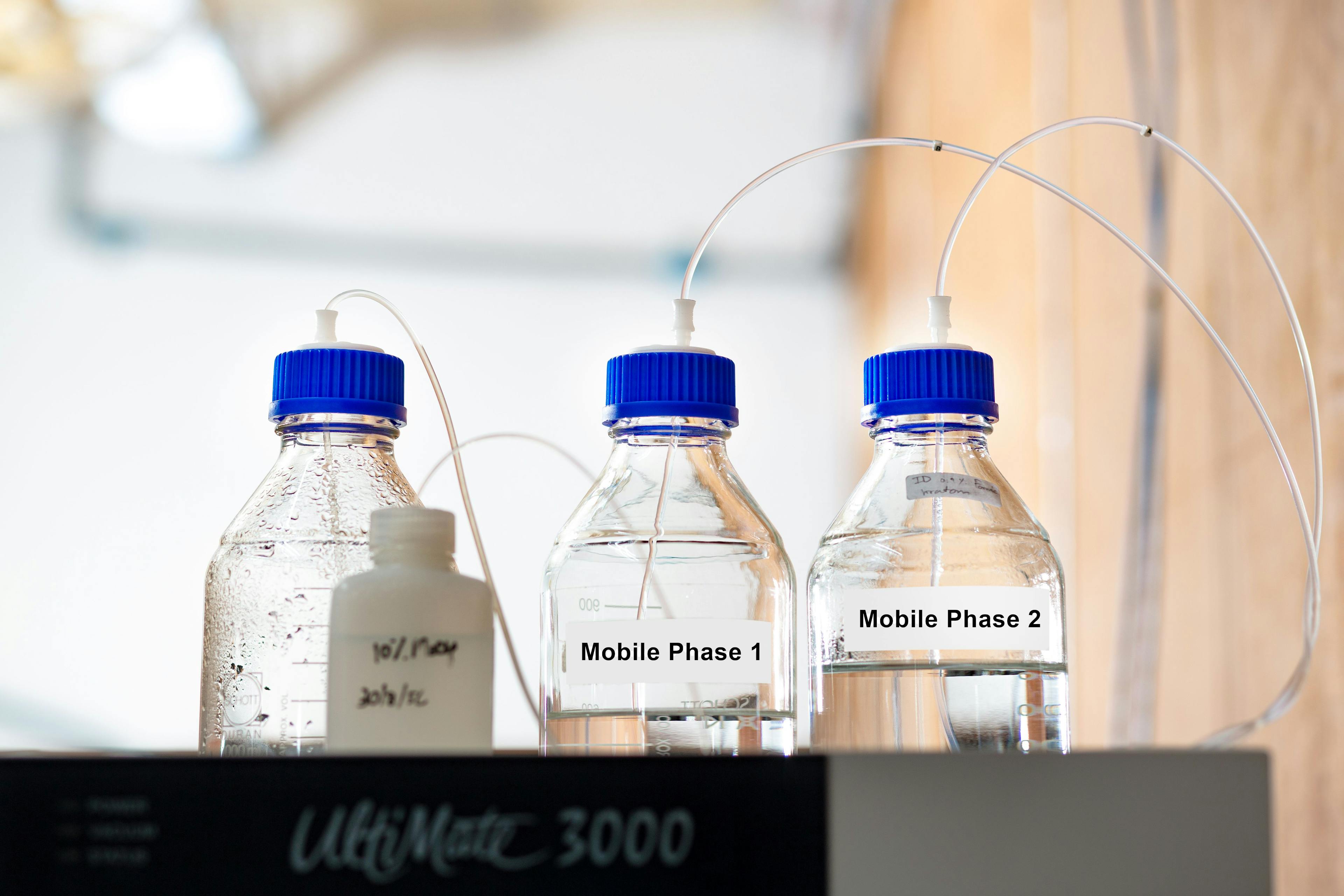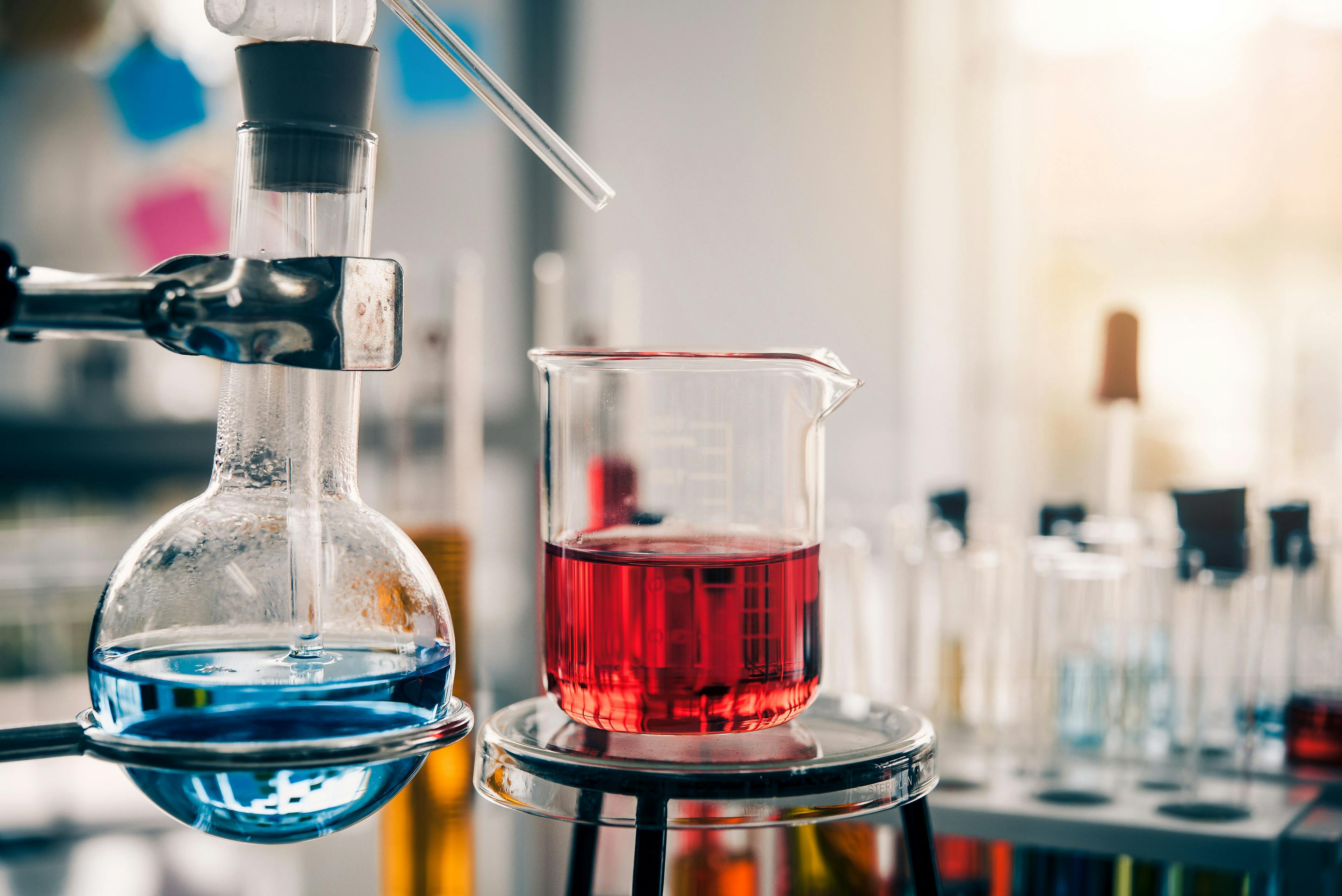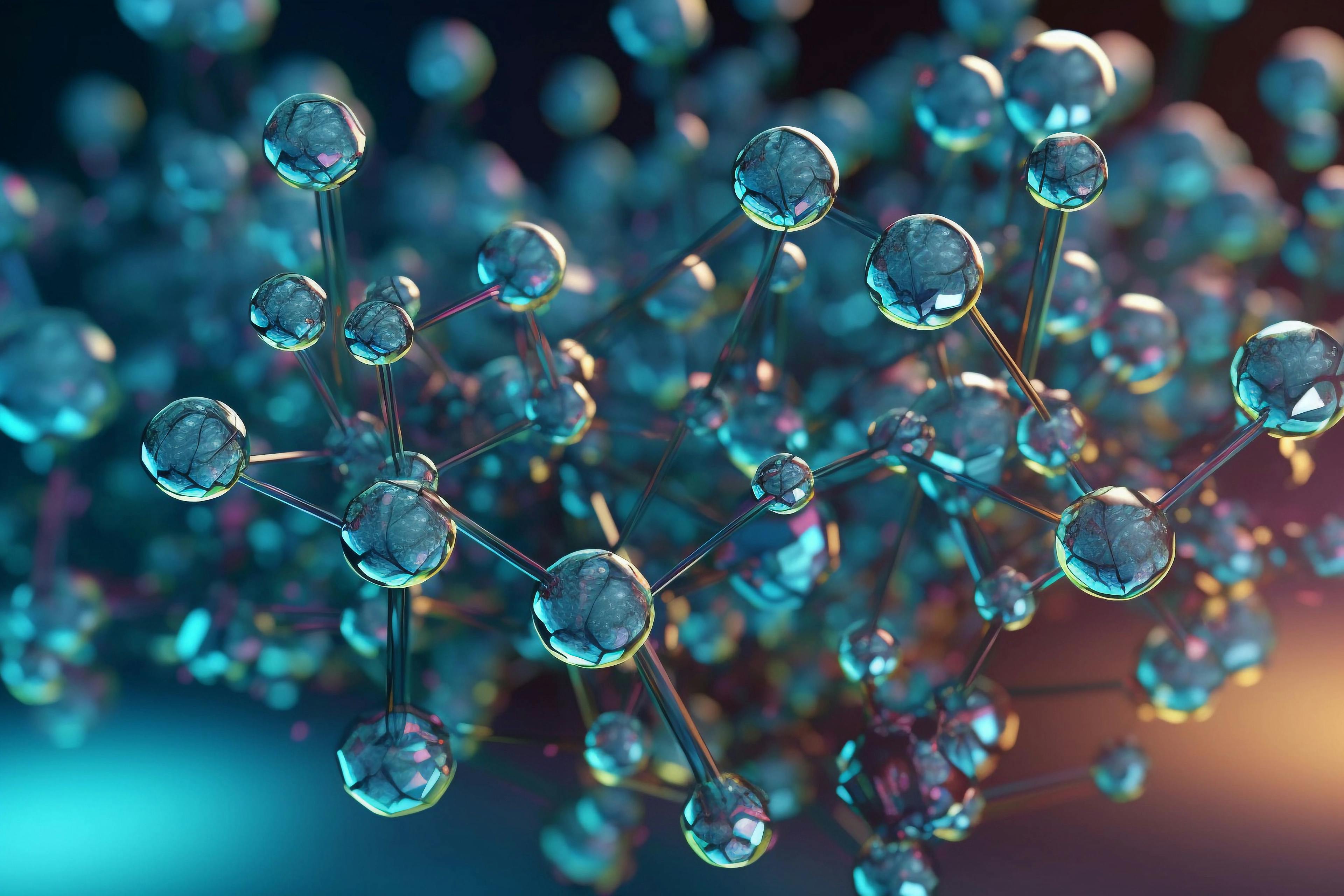LCGC and ACS Subdivision on Chromatography and Separations Chemistry Survey 2023: What Skills Do New Analytical Chemistry Employees Need?
For this year’s career issue, LCGC North America teamed up with the American Chemical Society Subdivision on Chromatography and Separations Chemistry to ask the analytical chemistry community what skills new employees in the field need to succeed. In this report, we analyze the survey results and explore how they can inform the future of analytical chemistry curriculum development.
For the past six decades, and likely even longer, analytical chemists have debated the question of what should be taught in analytical chemistry courses (1). Many inherently believe that the field should be defined by the techniques implemented by practicing analytical chemists, as “analytical chemistry is what analytical chemists do” (2). To that end, some faculty have connected analytical chemists from industry and government laboratories to identify what students should be learning in the classroom (3). To be most effective, this should be a regular process so that new techniques adopted by analytical laboratories are introduced to students before new hires arrive on the job. Despite these efforts, a recent survey of analytical chemistry instructors found that many courses retain traditional aspects of the quantitative analysis curriculum and faculty sometimes struggle to identify which topics to prioritize (4). Another survey of analytical chemists in Sweden found that while some jobs attracted a sufficient number of applicants, they didn’t necessarily have the correct skill set (5). Building upon recent collaborations between LCGC North America and the American Chemical Society Subdivision on Chromatography and Separations Chemistry (ACS SCSC), this survey further investigates this issue by asking members of industrial and government laboratories what skills they think new hires (primarily at B.S. and M.S. level) should have when they enter
the workforce.
The survey had 234 respondents, but only 188 fully completed the survey and confirmed their job role. These 188 responses were used for this analysis, with the respondents broken down into two primary categories: “manager” and “scientist”. The “manager” category had 105 respondents that self-identified as being in roles including laboratory management, principal investigators, sales, and marketing. Of these 105 respondents, 90% indicated that they are involved in the hiring or management of analytical staff. The “scientist” category had 83 respondents that self-identified as being in roles that involve more direct, hands-on technical work, with only 43% indicating some involvement with hiring or management of analytical staff. A plurality of respondents identified as being in the pharmaceutical industry (40 managers and 35 scientists). In the survey, respondents were asked to identify specific technical and transferable job skills that would be useful for new hires in their industry.
What Should Be Taught in the Analytical Chemistry Classroom?
Although there are a wide variety of analytical techniques, this survey primarily focused on separation science and mass spectrometry, with specific categories including liquid chromatography (LC), gas chromatography (GC), supercritical fluid chromatography (SFC), electrophoresis, and mass spectrometry (MS). As shown in Figure 1, liquid chromatography and mass spectrometry were identified by both respondent categories as the most important techniques for new hires to understand, followed closely by gas chromatography. SFC and electrophoretic separations were still found to be moderately useful, with managers having a slightly more favorable opinion of both techniques. Figure 1 shows aggregate scores for each category that included 5–7 subtopics. In general, both managers and scientists had similar responses for this broader subtopic list, although scientists did find instrument troubleshooting (especially for GC and MS) more important than managers did.
FIGURE 1: Summary of responses for five broad technical categories in terms of the usefulness of these topics for new hires in the industry. Each category was split into 5-7 subtopics. These results represent the mean and standard error across all subtopics for each category.

The survey also addressed a broad array of sample preparation and other laboratory techniques (Figure 2). Here, skills that are often taught the earliest in a chemistry curriculum, including accurate weighing techniques and solution preparation and volumetric techniques were identified as the most crucial by both respondent categories. These were followed closely by other techniques often taught before a student’s introduction to traditional analytical chemistry, including buffer preparation, solution miscibility, effective sampling, and sample diluent effects. More advanced analytical sample preparation techniques generally fell in the range between
“moderately useful” and “useful”.
FIGURE 2: Summary of responses regarding the usefulness of sample preparation and laboratory techniques for new hires in the industry.

Topics related to data analysis and experimental design were rated as some of the most important skills in both respondent categories (Figure 3). Nearly all categories in these areas were marked as “useful” or “very useful” by respondents, with method qualification, data interpretation, standard additions and internal standards, and system calibration and system suitability ranked the highest.
FIGURE 3: Summary of responses regarding the usefulness of topics in data analysis and experimental design for new hires in the industry.

The importance of transferable skills is where the largest differentiation between “managers” and “scientists” appeared. Critical thinking and problem solving, time management, project management, and teamwork were all ranked as highly important by both respondent groups (Figure 4). The “scientist” group found the ability to effectively search and interpret scientific literature slightly more important than the “manager” group, while managers attached significantly higher importance to online communication and teleconferencing, oral communication, and written communication. This suggests that those that are more involved in the hiring process value strong communication skills in new industry hires.
FIGURE 4: Summary of responses regarding the importance of transferable skills for new hires in the industry.

In addition to rating the importance of these topics, respondents were also invited to answer a few open-ended questions. For the prompt, “What do you wish you knew when starting out in your first job in your industry?”, the responses generally focused on the need to recognize the key differences between academic and industry environments. Some of the differences that were mentioned included the significance of teamwork and interpersonal communications, the frequency of meetings, stricter rules for working in regulated environments, and effective task prioritization and time management. Other themes included a desire to identify strong mentors in the workplace and the importance of the phrase, “never stop learning new things”. Regarding “What new information or skills do you think that new hires in the next five years will need to know that may not be currently taught?”, many respondents listed programming/coding, informatics, chemometrics, and similar “big data” themes as key areas of relevance. However, other respondents noted the importance of fundamental skills and theory in an increasingly automated analytical laboratory.
Where To Go From Here?
For analytical chemistry curriculum design, the results suggest some clear technical areas to emphasize (including basic laboratory skills, LC, MS, and GC), but also indicate the need for focus on problem solving capabilities and transferable skills. The “manager” and “scientist” respondent groups generally had similar priorities for new hires, although a key difference was the importance that “managers”, who play a larger role in hiring, placed on communication skills for new hires. In terms of curriculum development, prioritizing projects that involve writing (laboratory reports, standard operating procedures, and so forth) and presentation (research results, literature reviews, online discussion groups, and so forth) skills could help develop these skills within an analytical chemistry context. In terms of content knowledge, students should gain experience with informatics, data science, and coding or programming in the analytical chemistry curriculum. Finally, ongoing efforts, like this one, to evaluate the alignment of curricula with industry needs will ensure strong preparation of the next generation of
industry scientists.
Acknowledgments
The authors would like to thank the executive committee of the ACS Subdivision on Chromatography and Separations Chemistry for help in assessing and organizing the content of the survey. This work was partially supported by the Chemical Measurement and Imaging Program in the National Science Foundation Division of Chemistry under Grant CHE-2045023.
References
(1) New Horizons in Education. Anal. Chem. 1966, 38 (2), 35A–57A. DOI: https://doi.org/10.1021/ac60234a730.
(2) Murray, R. Analytical Chemistry Is What Analytical Chemists Do. Anal. Chem. 1994, 66 (13), 682A. DOI: https://doi.org/10.1021/ac00085a600.
(3) Kuwana, T. Curricular Developments in the Analytical Sciences: A Report from the Workshops. Analytical Sciences Digital Library. ASDL, 1997. https://www.asdlib.org/files/curricularDevelopment_report.pdf (accessed 2023-05-15).
(4) Kovarik, M. L.; Galarreta, B. C.; Mahon, P. J.; McCurry, D. A.; Gerdon, A. E.; Collier, S. M.; Squires, M. E. Survey of the Undergraduate Analytical Chemistry Curriculum. J. Chem. Educ. 2022, 99 (6), 2317–2326. DOI: https://doi.org/10.1021/acs.jchemed.2c00090.
(5) Bergquist, J.; Emmer, Å.; Farbrot, A.; Turner, C. Research and Education in Analytical Chemistry — Industrial and Academic Perspectives from a Survey Conducted in Sweden. Anal. Bioanal. Chem. 2023, 415, 2151–2161. DOI: https://doi.org/10.1007/s00216-023-04661-3.
James P. Grinias is an associate professor of chemistry & biochemistry at Rowan University in Glassboro, New Jersey. Trevor I. Smith is an associate professor of physics & astronomy and STEAM education at Rowan University in Glassboro, New Jersey. Michelle L. Kovarik is an associate professor of chemistry and co-director of the Center for Teaching and Learning at Trinity College, in Hartford, Connecticut. Direct correspondence to:
grinias@rowan.edu

The 2025 Lifetime Achievement and Emerging Leader in Chromatography Awards
February 11th 2025Christopher A. Pohl and Katelynn A. Perrault Uptmor are the winners of the 18th annual LCGC Lifetime Achievement and Emerging Leader in Chromatography Awards, respectively. The LCGC Awards honor the work of talented separation scientists at different stages in their career (See Table I, accessible through the QR code at the end of the article). The award winners will be honored during an oral symposium at the Pittcon 2025 conference held March 1-5, in Boston, Massachusetts.
USP CEO Discusses Quality and Partnership in Pharma
December 11th 2024Ronald Piervincenzi, chief executive officer of the United States Pharmacoepia, focused on how collaboration and component quality can improve worldwide pharmaceutical production standards during a lecture at the Eastern Analytical Symposium (EAS) last month.

.png&w=3840&q=75)

.png&w=3840&q=75)



.png&w=3840&q=75)



.png&w=3840&q=75)














